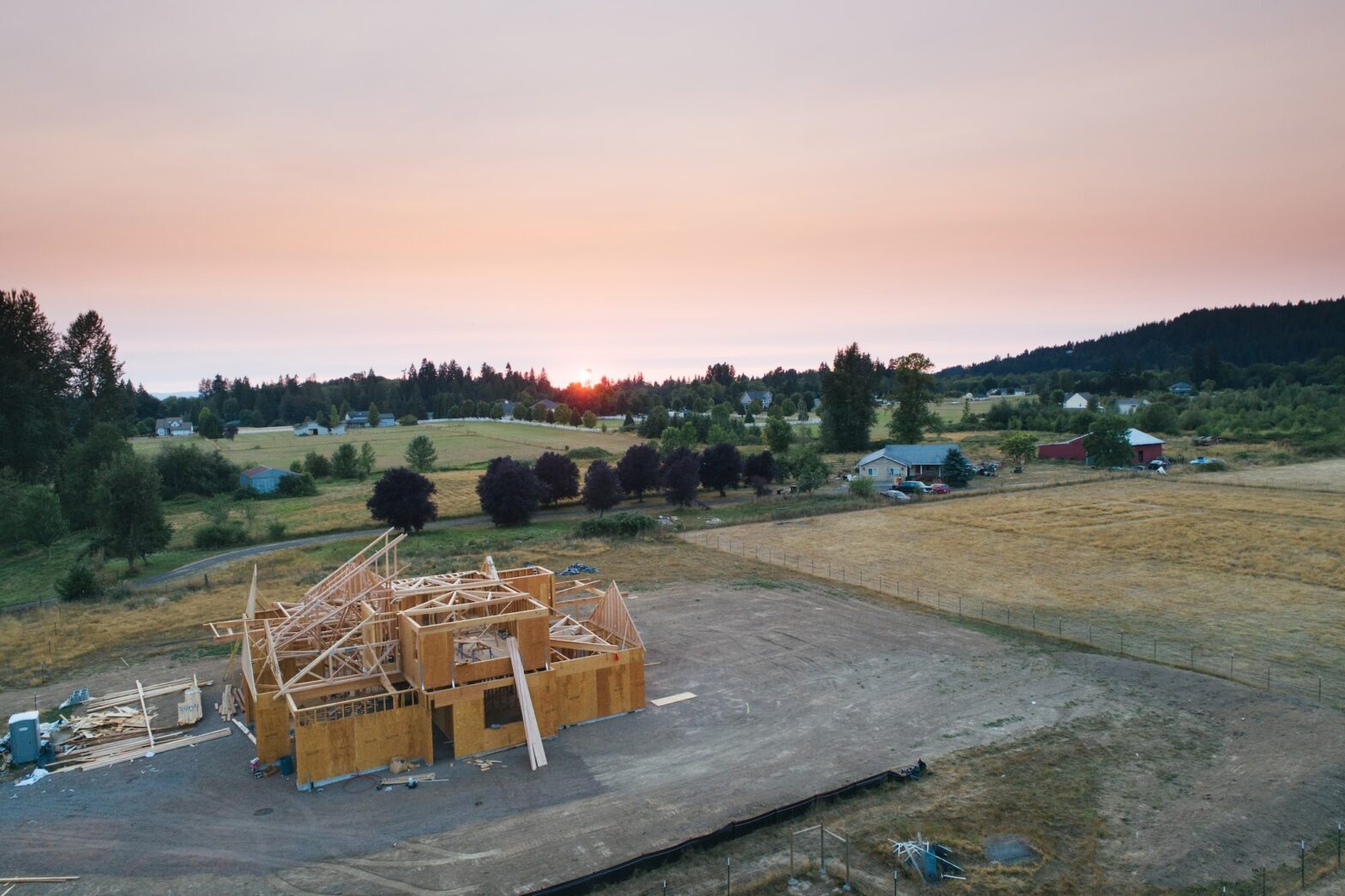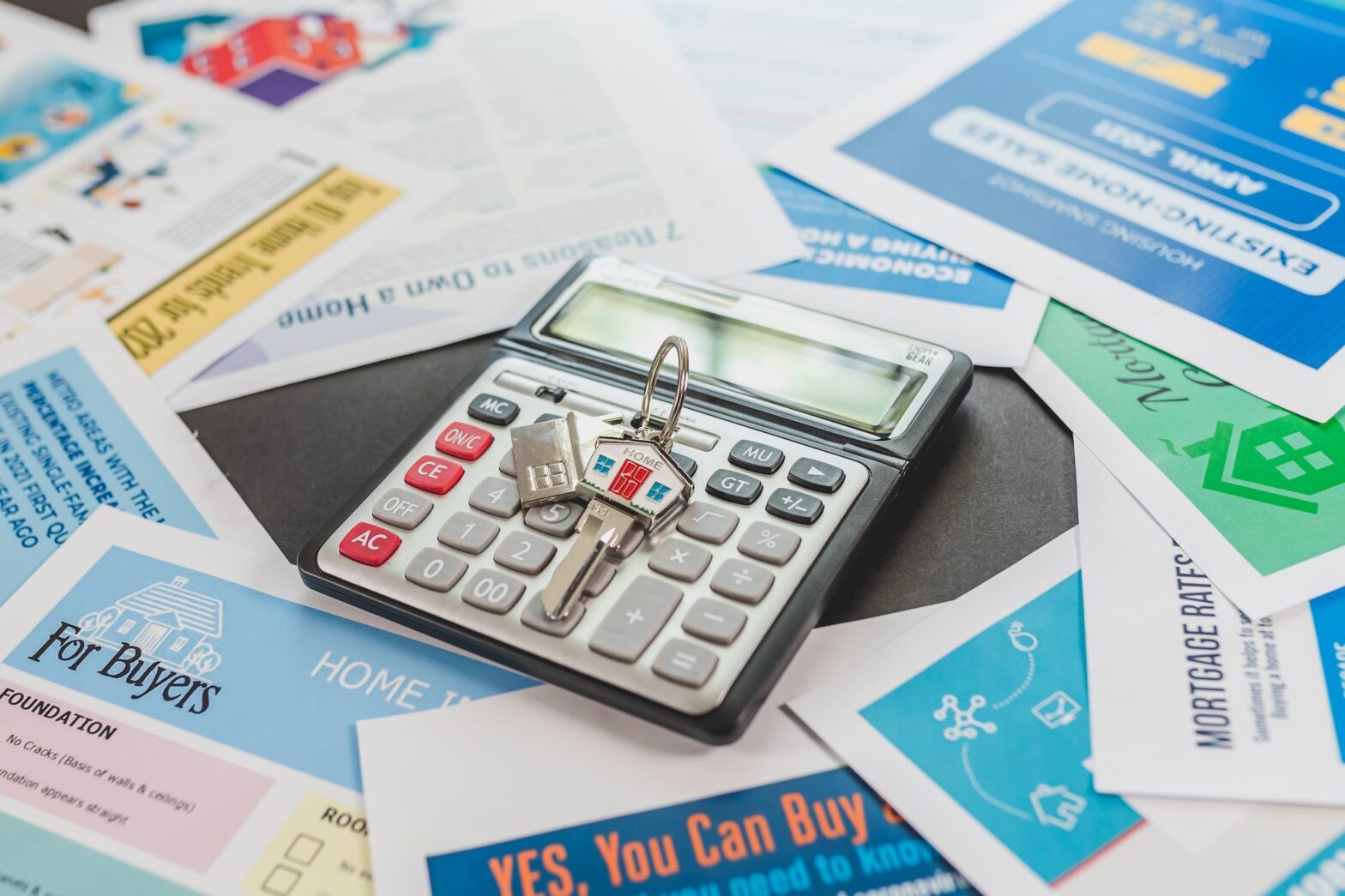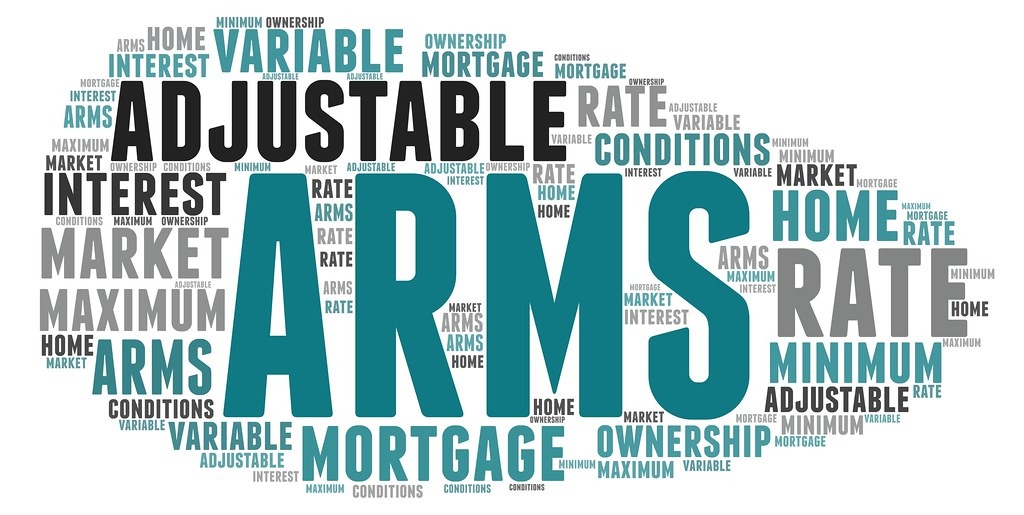Knowing your options is the key to making money with real estate investments. Where real estate is concerned, there are two main categories: direct investing and indirect investing. You can use these real estate investing strategies to your advantage if you understand their differences. We created this guide to help you compare direct vs. indirect investments so you can make the right decision for your real estate portfolio.
Continue reading “Direct vs. Indirect Real Estate Investments”Investing in Existing Properties vs Ground-Up Construction
Real estate investors are able to capitalize on a variety of investing strategies to grow their wealth. As a real estate investor, you can buy existing properties or build your own structures from the ground up to expand your portfolio. These methods can help you achieve the passive income you desire. Our team at Titan Funding in Boca Raton, Florida, will help you compare the pros and cons of investing in existing properties vs. ground-up construction so you understand the differences between these types of real estate investing strategies.
Continue reading “Investing in Existing Properties vs Ground-Up Construction”Investing in Real Estate During Rising Interest Rates
When interest rates rise, you might feel a bit wary about investing in real estate, but this may be the best time to invest. Our Titan Funding team understands your concerns and looks to guide you in making the right investment. Check out our overview of interest rates and their effects on the real estate market. We even include helpful tips to help you to capitalize on your investment during high-interest rates.
Continue reading “Investing in Real Estate During Rising Interest Rates”Due Diligence for Real Estate Note Investing: Our Guide
In the world of real estate note investing, conducting thorough due diligence is essential for minimizing risk and maximizing higher returns. Due diligence is the process of carefully investigating and analyzing various aspects of an investment opportunity before making a business decision. This guide will walk you through the key components of effective due diligence for real estate notes, ensuring that you make informed and confident investment decisions.
Continue reading “Due Diligence for Real Estate Note Investing: Our Guide”Tips and Tricks for Investing in Commercial Real Estate
Investing in commercial property has the potential to yield greater rewards than certain residential investments. Commercial leases often come with longer tenures and can increase by at least 4% per year or per the consumer price index. In addition, when commercial tenants operate their businesses on your property, they typically take responsibility for cleaning, renovations, and maintenance. While numerous benefits and opportunities are associated with commercial real estate, it has risks. Thus, investors should consider and assess several factors before making investment decisions. Here are some tips to help you get started.
Continue reading “Tips and Tricks for Investing in Commercial Real Estate”What Are the Pros and Cons of an Adjustable-Rate Mortgage?
An adjustable-rate mortgage, or ARM, is a loan with a low-interest rate for the first three to 10 years, after which the interest rate is adjusted upward. This type of loan is in contrast to a fixed-rate mortgage, where the interest rate remains constant throughout the loan period. Fixed-rate mortgages are usually for a 30-year term, but the term can be as low as 15 or 20 years.
Continue reading “What Are the Pros and Cons of an Adjustable-Rate Mortgage?”





